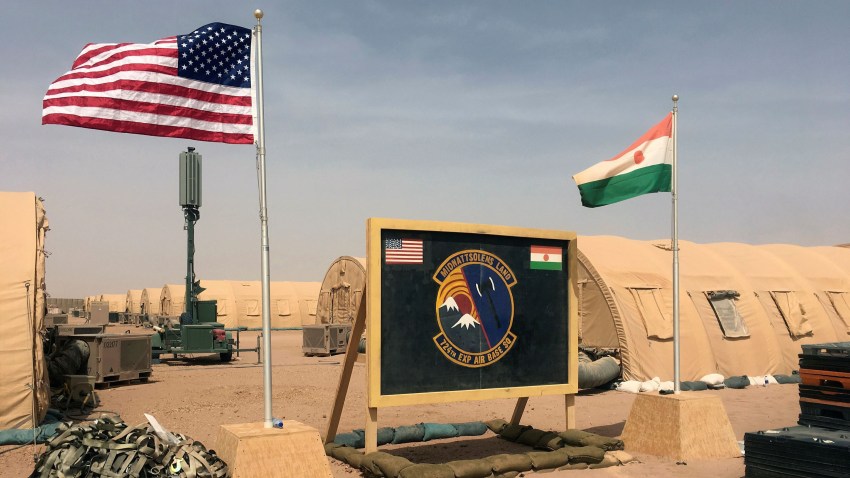Hello, everyone. Today at WPR, we’re covering Washington’s dilemma in Niger and the challenges facing Guatemala’s president-elect.
Now, here’s our take on today’s top story:
Ukraine: President Volodymyr Zelenskyy said yesterday that voting in Ukrainian elections could take place during wartime with financial assistance from Kyiv’s partners and only if everyone could get to the polls. Zelenskyy’s statement comes in response to U.S. Senator Lindsey Graham’s calls for Ukraine to hold elections during a visit by top U.S. lawmakers to Kyiv last week. (Reuters)
Our Take: Parliamentary elections in Ukraine had been scheduled for this coming October, followed by a presidential election in March 2024. Ukraine, however, remains under martial law, and legislation predating Zelenskyy’s term forbids holding national elections under those circumstances.
Even if holding elections were legal, though, doing so would be a gargantuan task, with nearly 14 million Ukrainians—nearly a third of the country’s prewar population—displaced, either internally or throughout Europe, not to mention the safety risks that would come from holding a nationwide vote.
Senator Graham’s call to hold elections, then, has less to do with Ukraine’s domestic politics and more to do with U.S. domestic politics. The Republican Party has essentially split into two factions over the war in Ukraine, with Graham and other traditional conservatives on one side, in support of Ukraine, and a noninterventionist, largely pro-Trump, faction on the other side.
The latter faction has often criticized Zelenskyy himself, arguing that he is not as democratic as he has been made out to be. Graham’s call, and Zelenskyy’s response, serve to quell those criticisms rather than to suggest elections will actually take place under wartime conditions.
More context from WPR:
- Andrew Wilson on Ukrainian domestic politics during the war.
- Paul Poast on why U.S. aid to Ukraine isn’t going to end anytime soon.

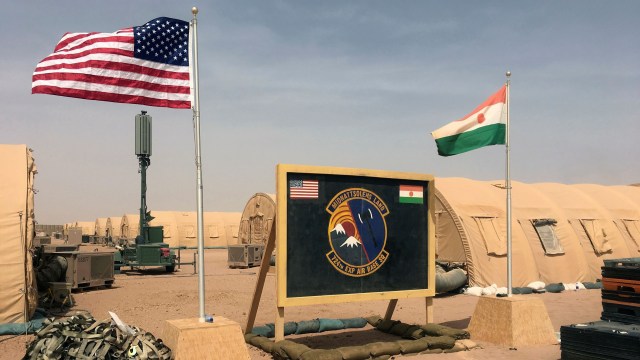
The United States Should Work With the Sahel’s New Juntas
The recent coup in Niger presents the United States with a familiar dilemma in how it conducts security cooperation assistance. The U.S. essentially has two options: it can take a principled stand in defense of constitutional democracy or pragmatically choose to hold its nose and work with putschists in Niamey.
There is no easy solution. But Colin P. Clarke and Michael Shurkin argue that current dynamics in the Sahel call for U.S. policymakers to pursue the latter, pragmatic course.
To Reform in Guatemala, Arevalo Will Need the World’s Attention
On Aug. 20, Bernando Arevalo won Guatemala’s presidential run-off election. His odds of even getting to that point were slim, as are the odds that he will succeed as president. The obstacles facing Arevalo and his reform agenda include investigations aimed at preventing him from becoming president and continued opposition in Congress.
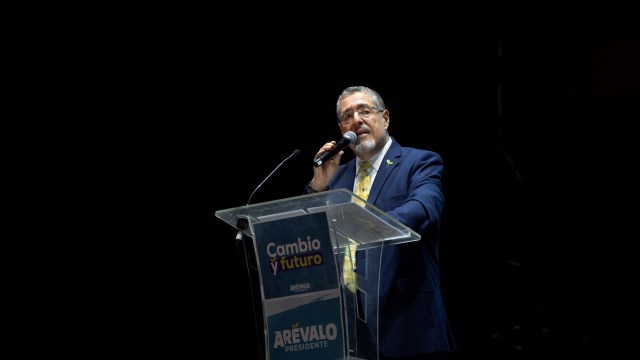
In spite of all the reasons for pessimism, though, this is a success story that the entire hemisphere should embrace. As columnist James Bosworth writes, Arevalo can succeed if the world pays attention.

Question of the Day: Which group has governed the Maguindanao del Sur province in the Southern Philippines since the peace deal between the regional militants and the national government was signed in 2019?
- Southern Maguindanao Authority
- Abu Sayyaf
- Bangsamoro Islamic Freedom Fighters
- Moro Islamic Liberation Front
Find the answer in the latest WPR Weekly Quiz, then read Michael Hart’s briefing on the peace process there.

In Mexico, the likely winner of next year’s presidential election is will be decided this week, as the ruling Morena party chooses its nominee via an internal party survey, the results of which will be announced on Sept. 6.
Morena has become such a juggernaut under President Andres Manuel Lopez Obrador that its standard-bearer will be a heavy favorite to win next year. Columnist Frida Ghitis wrote about the two candidates vying for the nomination in June:
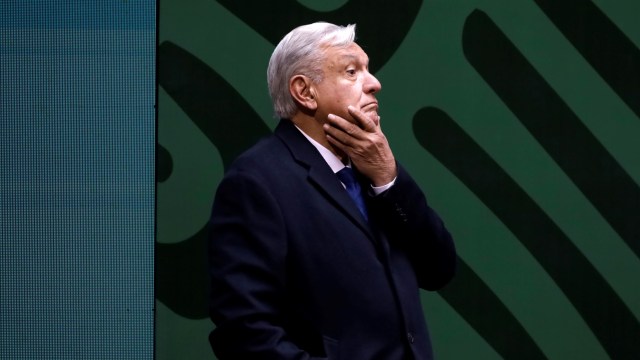
AMLO’s Successor Will Be Anointed Long Before Mexico’s Elections
June 29, 2023 | AMLO’s Morena party is such a juggernaut that its primary this summer will likely choose Mexico’s next president. Read more.
A top United Arab Emirates official said today that joining BRICS will not come as a detriment to its ties with western nations. The group of emerging economies invited six nations, including the UAE, to join last week, as China and Russia attempt to use the group to counterbalance the U.S. and its allies, even as other members oppose those plans.
The UAE, meanwhile, has recently been embracing Russian business and has sought to diversify its global and regional partnerships, a delicate dance that is not risk-free. As Jonathan Fenton-Harvey wrote last week, Abu Dhabi recognizes that no other partner can match the level of security that Washington currently provides.
The UAE Is Testing Washington’s Red Lines on Russia
Aug. 23, 2023 | The UAE may still be building economic ties with Russia, but Gulf states continue to recognize their dependency on U.S. security ties. Read more.
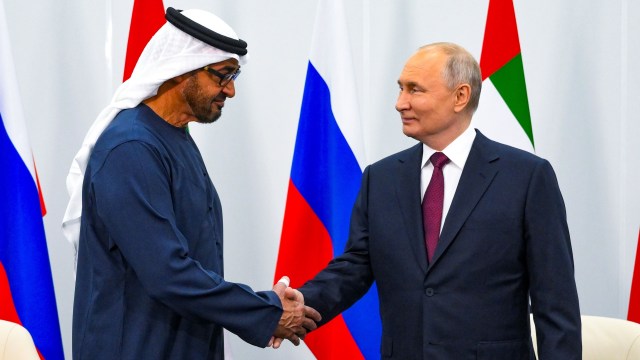
That’s all for today’s Daily Review.
Have a great day,
Jakob Cansler
More From WPR
- Paul Poast on Biden’s foreign policy.
- Michael Hart on a fragile peace process in the Philippines.
- Frida Ghitis on exiled Russian journalists.
- Jonathan Fenton-Harvey on the UAE’s foreign policy.

